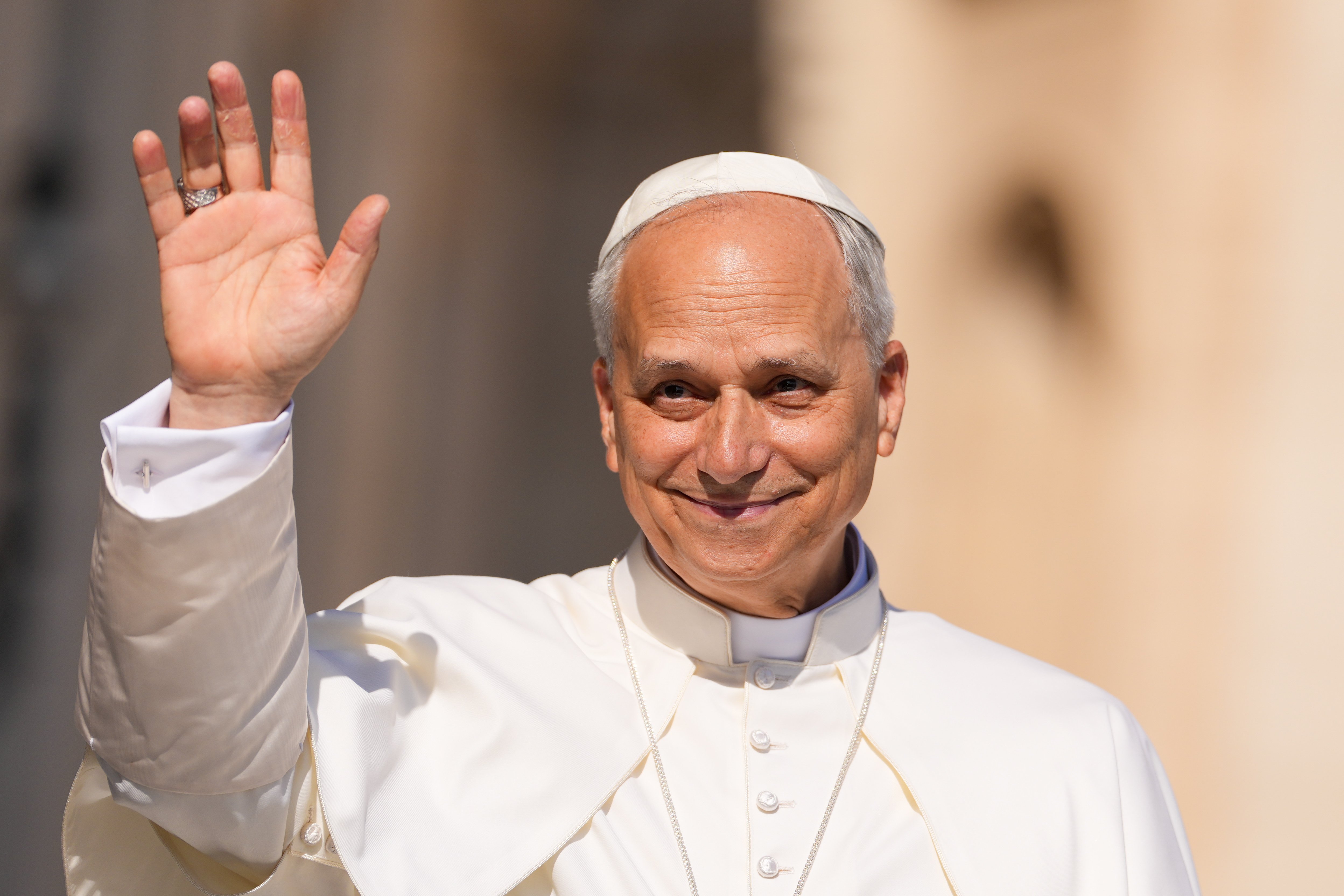April 6, 2018 at 1:53 p.m.
One with all of us
FROM A READING FOR MARCH 28, PALM SUNDAY
'Every morning he makes me eager to hear what he is going to teach me. The Lord has given me understanding...' Isaiah 50:4-5
No one can overstate the importance of today's three readings. Each explores the dying and rising every disciple of God is expected to experience.
In his Third Song of the Suffering Servant of Yahweh (Isaiah 50:4-7), Deutero-lsaiah provides us with the description of such a disciple - the perfect follower of God. "Morning after morning," the prophet remarks, "Yahweh opens my ear that I may hear."
Authentic followers of God don't memorize catechism questions and answers, or boast about theological degrees. We simply hit the floor every morning listening to what God wants of us during this day, knowing God will demand something God didn't demand yesterday.
If we're not giving ourselves over to the daily death of listening for God's word, we're not God's disciples.
So human
That seems to be why Paul (Philippians 2:6-11) makes such a big thing about Jesus completely identifying with all humans, even the totally helpless, in this case, slaves.
Though Jesus, like all God's human creatures, is created "in the image and likeness of God," He doesn't fall back on that prerogative to avoid the pain and degradation many of our human brothers and sisters daily endure.
"Rather, he emptied himself, taking the form of a slave, coming in human likeness; and found human in appearance, he humbled himself, becoming obedient to the point of death, even death on a cross."
Long before Golgotha, Jesus died by so deeply identifying with those whom our society humbles that He could hear God's word in a way those who avoid soiling their divine image are incapable of hearing.
Luke inserts an event in his Last Supper narrative (Luke 22:14-23:56) which his two Gospel predecessors locate at a different point in Jesus' ministry. This enables him to have Jesus teach a lesson that lies at the heart of our Eucharistic participation.
"An argument broke out among them about which of them should be regarded as the greatest," Luke writes. After reminding His supper guests that such a frame of mind projects a non-Christian attitude, Jesus states, "Among you it shall not be so. Rather, let the greatest among you be as the youngest, and the leader as the servant."
Whenever we participate in the Eucharist, we're committing ourselves to creating a community in which there's no distinction of persons. Becoming one with all around us is the first and best way to identify with Jesus' emptying Himself.
Not guilty
Notice something else in Luke's Passion narrative. How many times do people in authority declare Jesus innocent? Pilate does so four times; Herod and the crucifying centurion once each. Yet they still kill him. Some Lucan scholars contend the evangelist never bought into the widely-accepted theology that Jesus died for our sins. According to those experts, Luke held that Jesus' death was just legalized murder. They say He wasn't necessarily trying to take away our sins by giving Himself over to the cross; the catch is that He expected His followers to imitate His dedication to this world. The world would be redeemed by our being willing to die in parallel situations.
Like the prophet, Jesus could only trust in God's deliverance: "Yahweh God is my help, therefore I am not disgraced; I have set my face like flint, knowing I shall not be put to shame."
Luke seems to believe that only by permitting ourselves to experience the death of total helplessness do we come to life in a new existence. But before that new creation can come into being, we must delve into the helplessness of this present creation.
[[In-content Ad]]
MORE NEWS STORIES
- ‘We are in this together’: Recent Supreme Court rulings support parents in their vocation
- Idaho Catholics unite in prayer for firefighters killed in sniper ambush
- Longtime head of Polish Catholic news agency resigns, as bishops seek tighter control
- ‘Revival Worship’ brings the fire of the National Eucharistic Congress into playlists
- US archbishops reflect on importance of fostering unity
- Slain Minnesota lawmaker, husband remembered for lives lived ‘with purpose, meaning’
- ANALYSIS: ‘Big Beautiful Bill’ trillion-dollar increases to US debt to hit poor hardest
- Archbishops must promote unity, seek new ways to share Gospel, pope says
- Experts: Catholic media witness to truth, Gospel and are at ‘kairos moment’ in church
- Shrine celebrates 350 years since Jesus showed his heart to French nun as symbol of love







Comments:
You must login to comment.